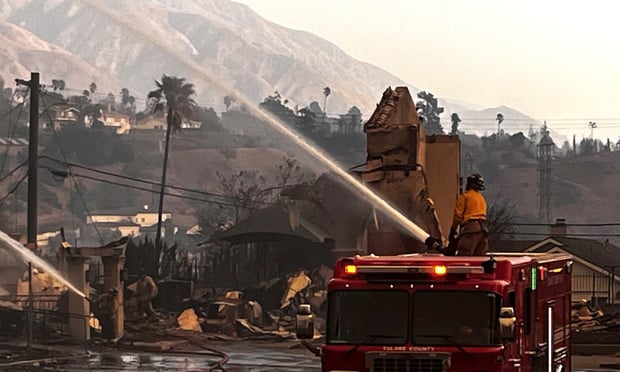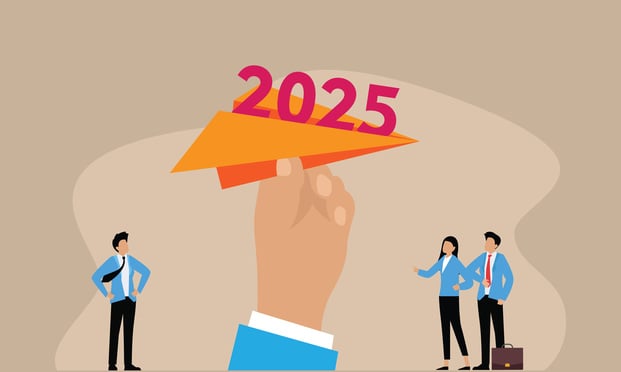A federal judge in Louisiana has awarded $164,049.64 to a family whose home was affected by Chinese drywall.
U.S. District Court Judge Eldon Fallon, in New Orleans, acted after presiding over a nonjury trial in the case of Hernandez v. Knauf, a homeowner's suit against drywall manufacturer Knauf Plasterboard Tianjin Co., Ltd (KTP).
The effects of Chinese-manufactured drywall have attracted lawsuits alleging the material emits noxious fumes that can cause respiratory problems as well as corrode wiring and other materials in homes.
The Hernandez decision came a day after the Louisiana State Senate unanimously passed legislation to prevent insurers from cancelling or nonrenewing homeowners policies or policies for commercial properties due to the presence of Chinese drywall.
In his ruling, Judge Fallon said KTP and the plaintiffs had agreed that remediation was necessary, but disagreed on the scope and costs of remediation.
He ruled that in addition to removing the problem drywall, the entire electrical system, all copper and silver plumbing components, the HVAC system, affected appliances and consumer electronics, and certain non-electronic personal property would have to be replaced.
The sum awarded covers remediation, personal property, recurring alternative living expenses, nonrecurring alternative living expenses, pre-trial repair costs and post-trial repair costs.
Earlier this month, Judge Fallon awarded $2.6 million in damages and repair costs to seven Virginia families that sued Chinese drywall maker Taishan Gypsum Co., Ltd.
State Senator Julie Quinn, sponsor of the legislation regarding homeowners insurance, SB 595, said while the Hernandez decision does not affect her bill, she sees it as a positive step for homeowners and for insurers. She said the more damage that is paid for by manufacturers, the less pressure there will be on insurers.
Reacting to the Senate bill, Greg LaCost, assistant vice president, state government affairs for the Property Casualty Insurers Association of America, said in a statement that it "sends the wrong message" about addressing the Chinese drywall issue.
"Existing state laws and regulations are more than adequate for addressing any insurance concerns," he said, adding that legislative fixes could be harmful to the insurance marketplace.
He noted that while insurers can nonrenew policies for unoccupied dwellings because of an increased risk of loss, insurers can work with consumers, regulators and others to address the situation without legislation.
He added, "There have not been problems with wholesale cancellation and nonrenewal of homeowners policies on homes containing Chinese drywall."
Sen. Quinn told NU, however, that as homeowners make Chinese drywall claims, insurers are denying coverage and, in fact, cancelling or nonrenewing in some cases. She specified that not all insurers are doing this, but some are.
For the homeowners, she said cancellation of coverage, and inability to obtain new coverage, causes defaults on their mortgage.
Mr. LaCost mentioned a policy being developed by the Louisiana Insurance Department and the Louisiana Citizens Property Insurance, that would provide basic protection for homeowners with drywall issues, as a more pragmatic approach than legislation to addressing concerns.
The policy, reported by NU Online in November 2009 (http://bit.ly/cz2mll), is expected to provide some measure of coverage for homes vacated due to Chinese drywall problems.
But Sen. Quinn said, "As we sit here today, there is absolutely nothing offered by the state of Louisiana or Citizens plan in the way of coverage for citizens who have Chinese drywall."
She said her bill "is a very reasonable solution to a very unique problem."
Eric M. Goldberg, associate general counsel for the American Insurance Association, called the bill "misguided," saying that it restricts insurers' ability to manage their exposures.
He said in cases where a homeowner's coverage is dropped due to Chinese drywall, the homeowner could always find coverage in the state's residual market.
He criticized the pattern where defective building products come into the country unregulated and then the insurance industry is expected to pay to fix problems that arise.
He said the government should use its resources to exercise oversight over these imported products.
Want to continue reading?
Become a Free PropertyCasualty360 Digital Reader
Your access to unlimited PropertyCasualty360 content isn’t changing.
Once you are an ALM digital member, you’ll receive:
- Breaking insurance news and analysis, on-site and via our newsletters and custom alerts
- Weekly Insurance Speak podcast featuring exclusive interviews with industry leaders
- Educational webcasts, white papers, and ebooks from industry thought leaders
- Critical converage of the employee benefits and financial advisory markets on our other ALM sites, BenefitsPRO and ThinkAdvisor
Already have an account? Sign In Now
© 2025 ALM Global, LLC, All Rights Reserved. Request academic re-use from www.copyright.com. All other uses, submit a request to [email protected]. For more information visit Asset & Logo Licensing.








